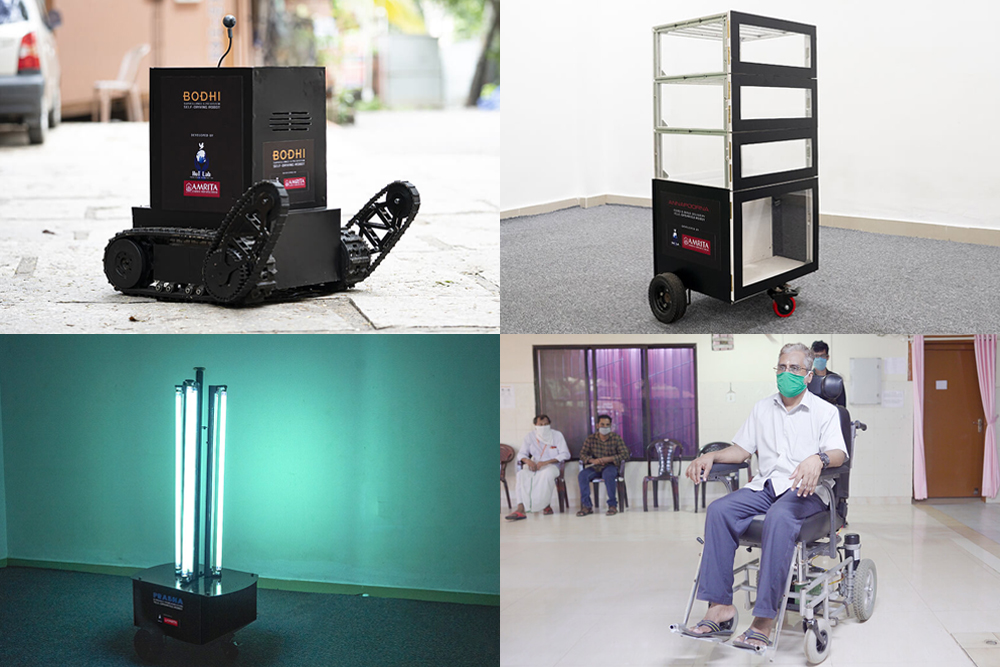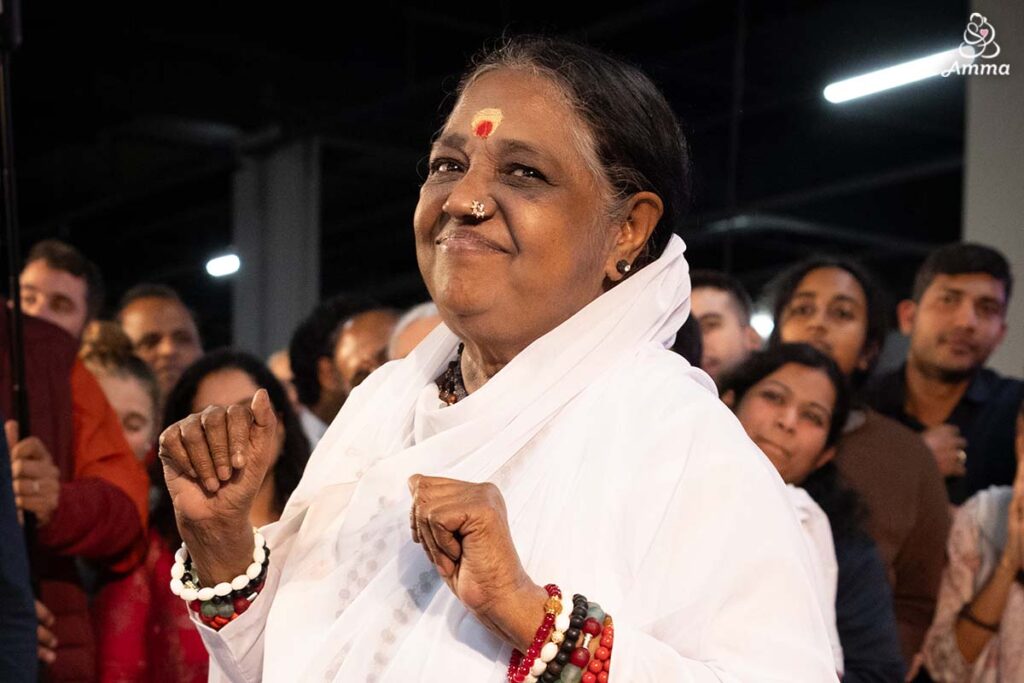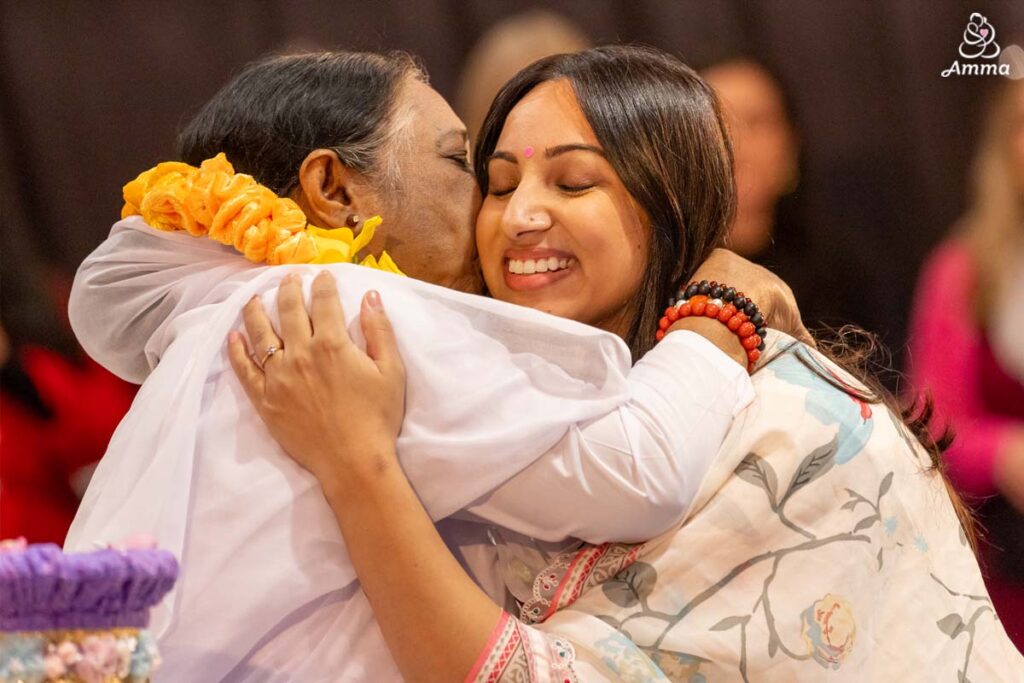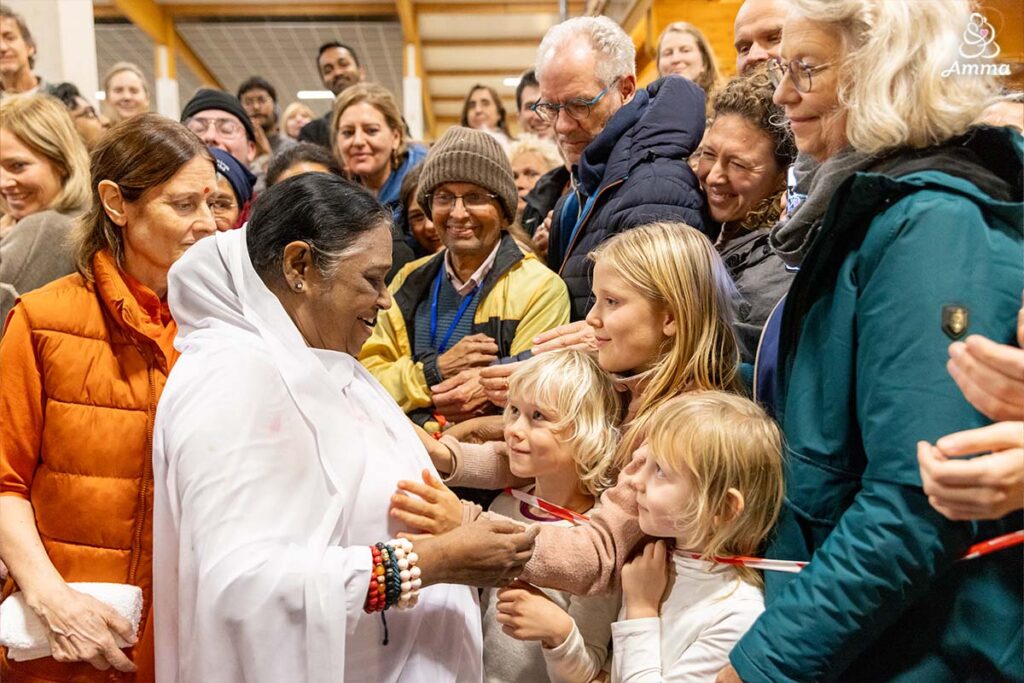While Amrita University remains closed as per the government lockdown, its professors and department heads do not remain idle. They are developing innovations aimed at helping society deal with the novel Coronavirus. Most recently, Dr Rajesh Kannan Megalingam, Director of the Amrita HuT Lab (Humanitarian Technology Lab) has unveiled four robot prototypes that are ready to help in places where it is unsafe for people to walk. Their robot names? Prabha, Bodhi, Annapoorna and Maruti!
“The whole purpose of Amrita HuT Lab is to make robots for humanitarian ends. Robots that can assist sick people or that can do jobs that are unsafe for humans,” said Dr. Rajesh. “For example, some of our early successes were with the creation of a low-cost self-driving wheelchair and a Cocobot that harvests coconuts from places so high that if a human climber were to fall, he would certainly be killed. So, as soon as we realised the seriousness of COVID-19, we began working on robots connected with the pandemic.”
The first is Prabha, a robot that cleans a room by systematically disinfecting the area with UV light. It can clean and disinfect a 12 sq. ft. room; killing any COVID virus that may be lurking. This can be accomplished in 30 minutes to one hour depending upon how many lamps are connected to it. Prabha also cleans restrooms and medical equipment. The operator manipulates the robot remotely via Bluetooth.” explained Dr Rajesh.
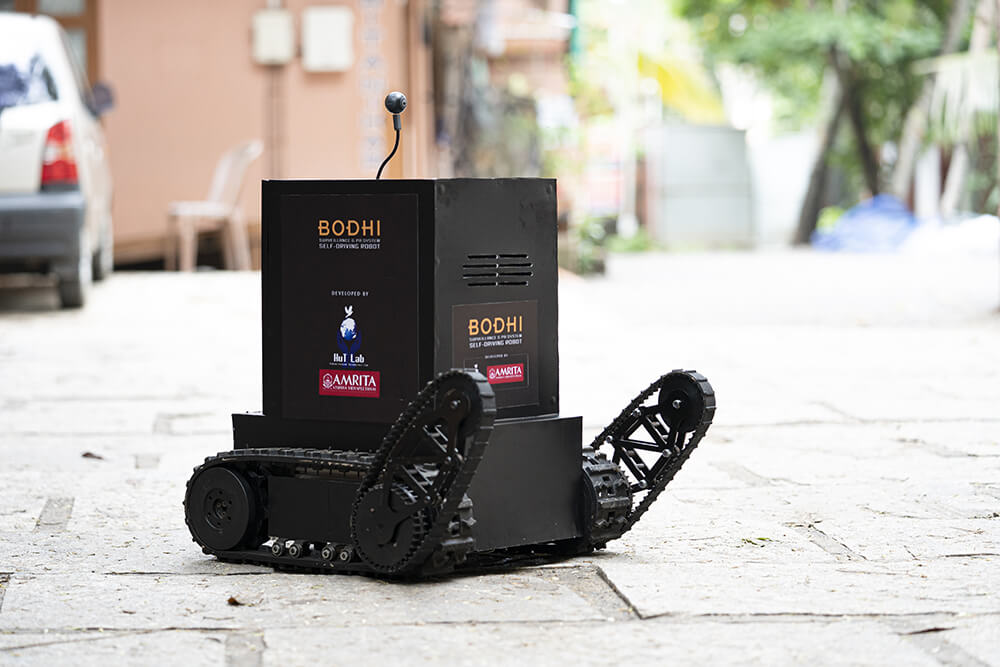
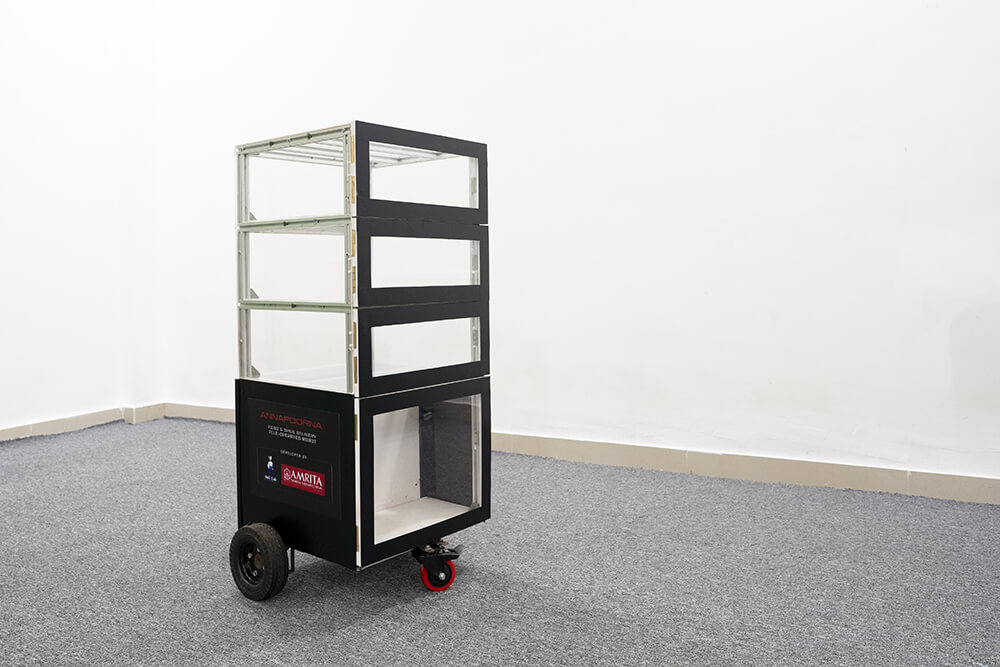
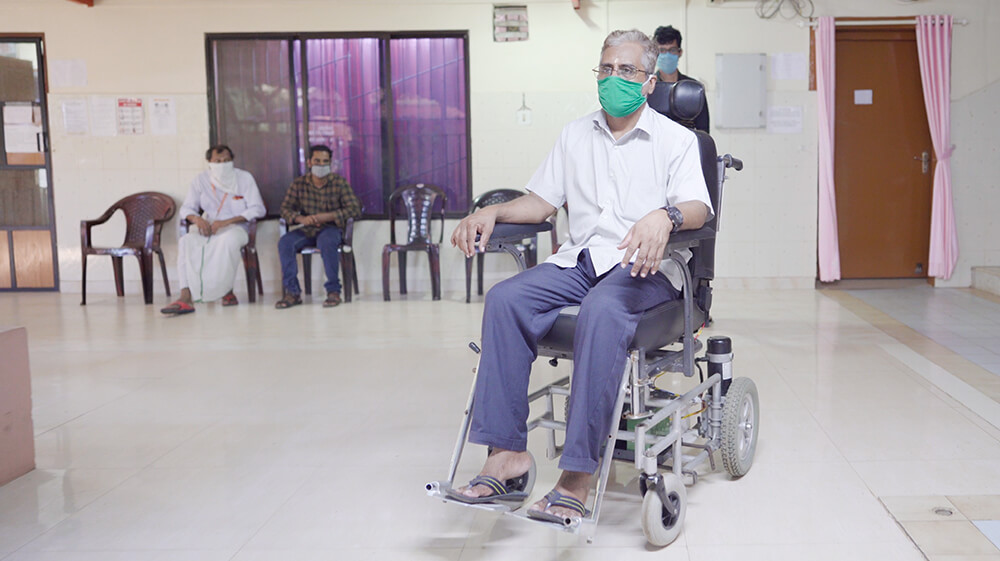
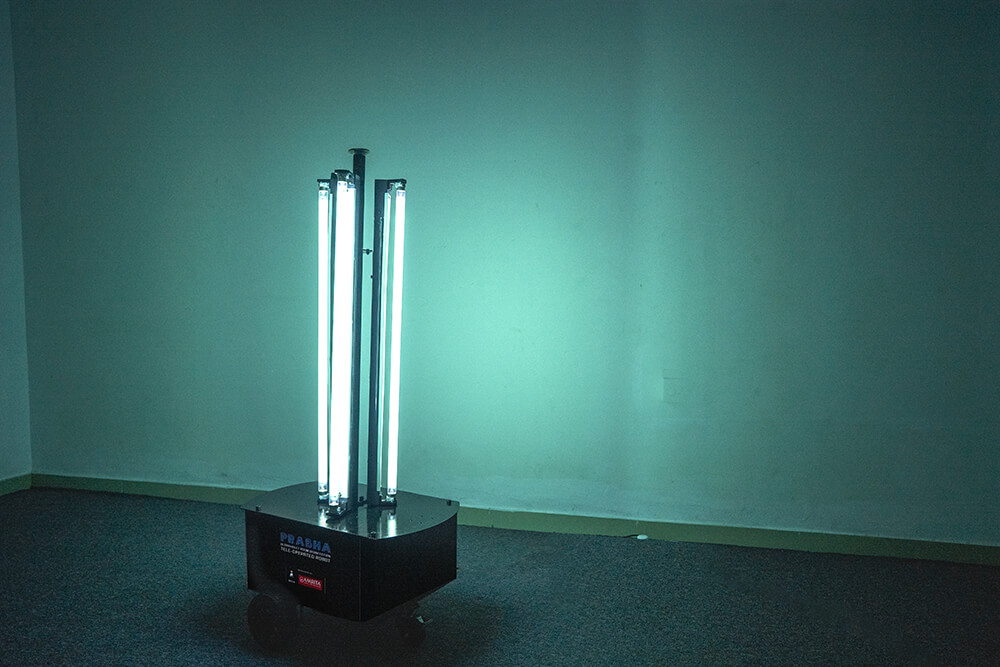
Next is Bodhi, a robot that can patrol streets during lockdown and broadcast messages if necessary. Operated remotely via smartphone at up to a distance of 500 meters and fitted with a 360° camera; Bodhi was designed for use by police and security personnel. Need a robot to serve food and water and deliver medicines to quarantined patients? Annapoorna does all that as well as facilitates remote communication between the patients and healthcare professionals. It is also operated either by a joystick or by using a smartphone app, either with Bluetooth or WiFi.
And finally, there is Maruti, a wheelchair that allows a health-worker to transport patients to and from isolation wards without physically touching either the patient or the wheelchair. Dr Rajesh says the production cost on each of these robots varies from between Rs. 25,000 to Rs. 1,00,000. “We are just trying to do what we can to help during this difficult time,” said Dr Rajesh. Amrita University’s ethos is that technology should uplift man. So, during the pandemic we are focused on that more than ever.”


